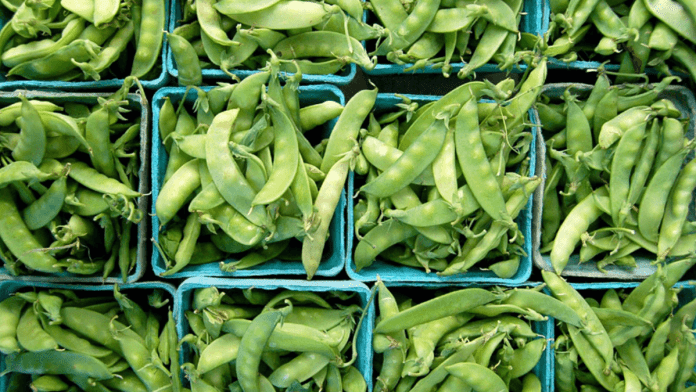News in Brief:
– Europe emerges as the primary market for Peruvian peas as the season kicks off, with delayed start due to colder weather.
– Local farmers in Peru’s Caraz region thrive in optimal growing conditions, producing high-quality snow peas and sugar snaps to meet diverse consumer preferences across Europe.
The Peruvian pea season commenced last week, delayed by approximately two weeks due to colder weather conditions. Despite the slow start, anticipation is high as volumes are projected to increase gradually, according to a report.
Currently, to meet the demand, peas are being flown into Europe, which stands as the primary market for Peruvian peas. Teresa Alarcon of North Bay Produce, based in the UK, notes that about 80 per cent of their Peruvian peas are destined for Europe, with the remainder reaching the US and Japan.
Optimal growing conditions yield high-quality produce
North Bay’s pea growers are situated in the Caraz region, nestled in the highlands of Peru. The region’s altitude, fluctuating temperatures, and pristine soil and water quality create an ideal environment for pea cultivation. Two main varieties, snow peas, and sugar snaps flourish here, catering to diverse market preferences.
While both snow peas and sugar snaps are produced in equal volumes, consumer preferences vary across Europe. The UK and Scandinavia favor sugar snaps, whereas snow peas dominate the market in continental Europe, particularly in the Netherlands. Despite differing preferences, demand for both varieties remains balanced overall.
Navigating competition from Zimbabwe
As the season progresses, competition intensifies with Zimbabwe emerging as Peru’s main contender in the European market. While Zimbabwe offers lower prices, Peru distinguishes itself with superior quality and stability throughout the season, ensuring a consistent supply for retailers.
European consumption of Peruvian peas is closely linked to weather patterns. Cooler temperatures drive demand for hearty dishes featuring peas, while warmer months see increased consumption in salads and light dishes.
Despite increasing costs, North Bay remains committed to providing fair returns to growers while adhering to EU regulations. Sustainability lies at the heart of their operations, emphasising collaboration with growers to prioritize environmental well-being for future generations.



